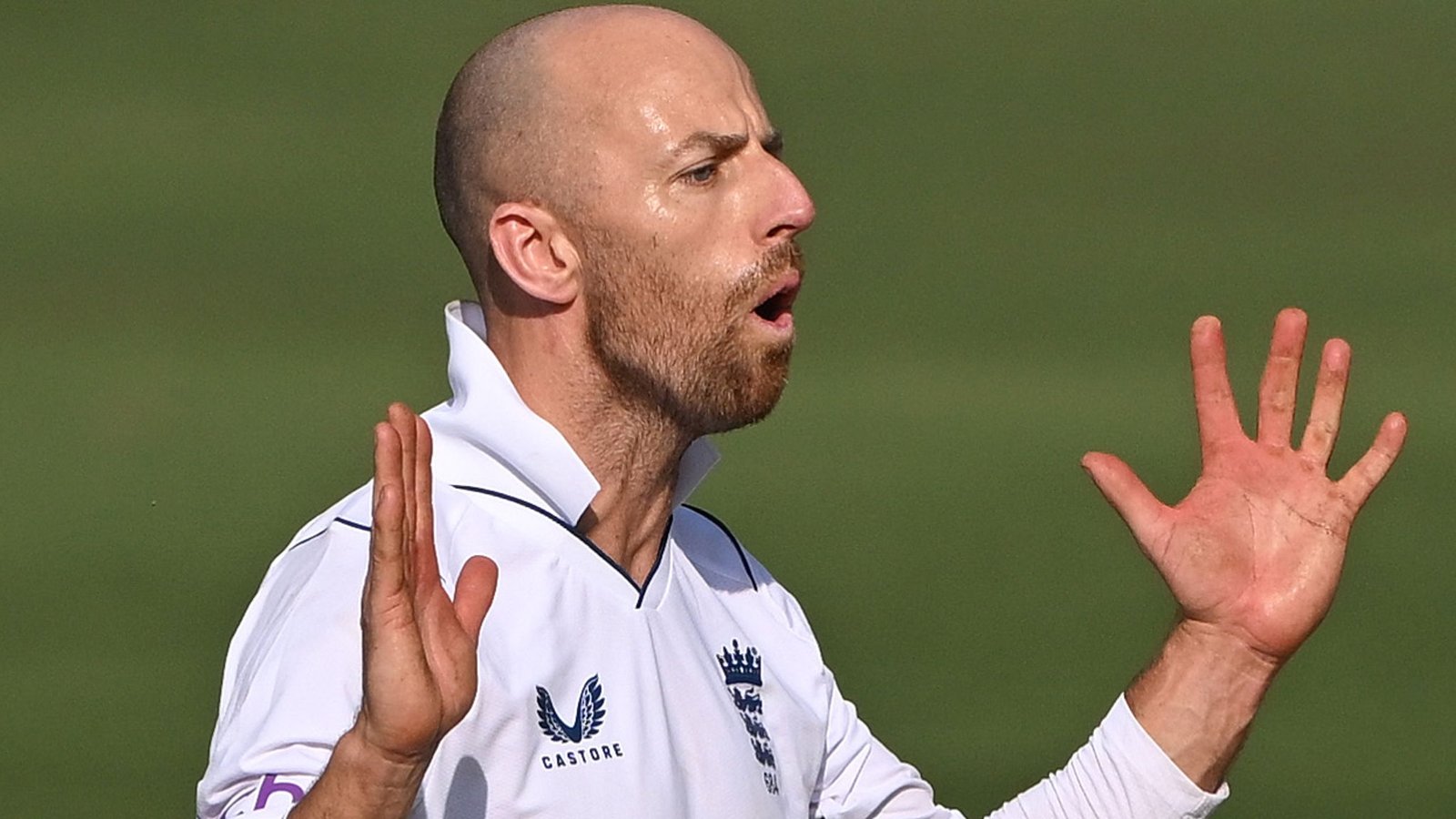Karachi, Pakistan – Former national cricket team captain Rashid Latif recently raised a pertinent question on the social networking site X (formerly Twitter), sparking a debate about the Pakistan Cricket Board’s (PCB) policies regarding players’ extracurricular activities during major tournaments. Latif’s inquiry centers on the PCB’s decision to permit players to attend private and commercial dinners amidst their preparation for significant matches.
In his tweet, Latif expressed his concern over players altering their practice schedules to accommodate a private dinner. He urged the players to prioritize their cricket, suggesting that financial rewards would naturally follow success on the field. Latif’s post included a snapshot of the promotional material for the dinner, which was slated for June 2. Prominent players like Haris Rauf, Imad Wasim, Mohammad Amir, and Usman Khan were listed as attendees, with an entry fee of $25 per person for those interested in joining the event.
The Private Dinner Controversy
The private dinner in question, which took place on June 2, became a focal point of discussion. Organized as a commercial event, it featured key members of the national cricket team, including Haris Rauf, Imad Wasim, Mohammad Amir, and Usman Khan. The event’s promotional material, shared by Latif, highlighted an entry fee of $25 per person, suggesting a significant turnout and commercial interest.
Latif’s primary concern revolves around the impact of such events on the players’ focus and preparation. With the national team scheduled to play against the USA on June 6, just four days after the dinner, Latif emphasized the importance of maintaining a strict practice regime and prioritizing cricket over commercial engagements. His message was clear: “Please focus on cricket! The money will come automatically.”
The Role of PCB and Player Priorities
Rashid Latif’s query has opened a broader conversation about the PCB’s role in regulating players’ activities during crucial tournaments. Allowing players to participate in private dinners and commercial events can be seen as a distraction from their primary responsibility—preparing for and performing in matches representing the nation.
While players often engage in commercial activities and public appearances, the timing and frequency of such engagements become critical during high-stakes events. The PCB’s decision to permit the dinner raises questions about the board’s oversight and the potential impact on team performance.
Balancing Commercial Interests and Sporting Excellence
The modern era of sports is heavily influenced by commercial interests, with players often participating in endorsements, public appearances, and private events. These activities provide additional revenue streams and increase the visibility of the sport. However, balancing these engagements with the demands of professional training and competition is essential.
Latif’s concerns highlight the need for a well-defined policy by the PCB to manage players’ extracurricular activities. Ensuring that commercial engagements do not interfere with practice sessions and match preparation is crucial for maintaining the team’s competitive edge. The board must strike a balance between leveraging the commercial potential of its players and ensuring they are fully prepared for their sporting commitments.
The Players’ Perspective
From the players’ standpoint, attending private dinners and commercial events can be seen as part of their professional obligations. Such events offer opportunities to connect with fans, promote the sport, and secure financial benefits. However, the timing of these events, especially during critical tournaments, must be carefully considered.
The criticism from Latif, a respected figure in Pakistani cricket, serves as a reminder of the primary focus required during international competitions. Players must prioritize their training and match preparation, ensuring that their performance on the field is not compromised by off-field activities.
Moving Forward: A Call for Clear Guidelines
The controversy surrounding the private dinner underscores the need for clear guidelines from the PCB regarding players’ participation in commercial events during tournaments. Establishing a framework that prioritizes the team’s preparation while allowing for commercial engagements can help avoid conflicts and ensure that players remain focused on their primary objectives.
Rashid Latif’s comments serve as a wake-up call for both the PCB and the players. As the national team prepares for upcoming matches, maintaining a strict focus on cricket and adhering to a disciplined practice schedule will be essential for their success. The PCB must take proactive steps to ensure that players’ off-field activities do not hinder their on-field performance, thereby upholding the integrity and competitive spirit of the game.
while commercial engagements are a part of modern sports, they must be carefully managed, especially during significant tournaments. The PCB’s role in regulating these activities and ensuring that players remain focused on their primary goal—winning matches for their country—is paramount. Rashid Latif’s timely intervention highlights an important issue that needs to be addressed for the betterment of Pakistani cricket.



